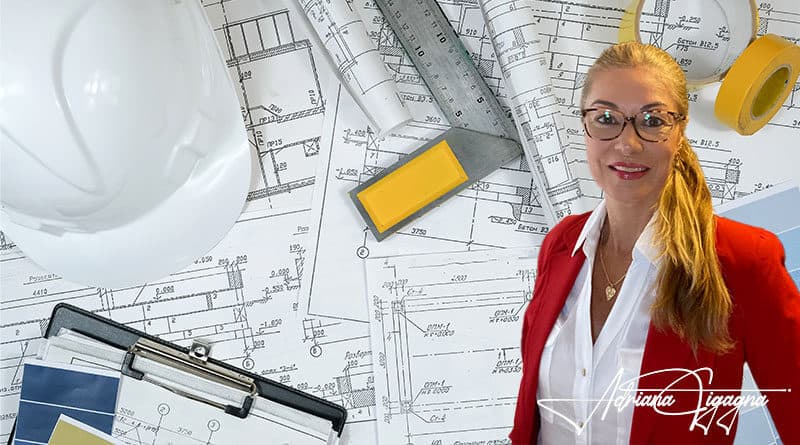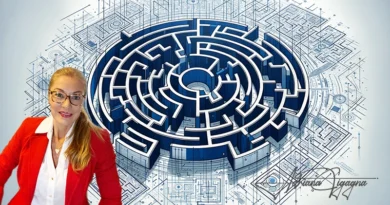How to effective manage an engineering team in the hospitality industry
How to effective manage an engineering team in the hospitality industry
The hospitality industry plays a vital role in the global economy, with hotels, resorts, and other leisure properties offering a range of services to travelers and guests. As such, the maintenance and upkeep of these properties is crucial to ensuring that guests have a positive experience. This is where engineering teams come in – responsible for maintaining and repairing the various systems and infrastructure within a hospitality property.
Effective management of an engineering team in the hospitality industry is key to ensuring that the team is able to meet the needs of the property and deliver a high level of service to guests. In this article, we’ll explore some strategies and best practices for managing an engineering team in the hospitality industry, including setting clear goals and expectations, providing resources and support, establishing a strong team culture, managing and tracking progress, overcoming challenges, encouraging continuous learning, and managing stakeholder expectations.
1. Setting Clear Goals and Expectations for the Engineering Team
One of the first steps in effectively managing an engineering team in the hospitality industry is setting clear goals and expectations for the team. This involves identifying the business goals and objectives of the engineering team, and then setting specific, measurable, attainable, relevant, and time-bound (SMART) goals that align with these objectives.
For example, a goal for the engineering team might be to reduce the number of maintenance requests by 25% within the next year. This goal is specific (reducing maintenance requests), measurable (by 25%), attainable (with the right strategies in place), relevant (to the needs of the property and guests), and time-bound (within the next year).
Once the goals have been set, it’s important to communicate them clearly to the team. This includes providing any necessary resources and support to help the team achieve their goals, as well as establishing a timeline for progress. Regular check-ins and updates can also help to ensure that the team is on track to meet their goals.
2. Providing Resources and Support for the Team to Succeed
In order for the engineering team to succeed, it’s important to provide them with the necessary resources and support to do their job effectively. This includes ensuring that the team has access to the tools and equipment they need, as well as ongoing training and support to stay up-to-date on new technologies and best practices.
For example, if the engineering team is responsible for maintaining the HVAC system at a hotel, they may need access to specialized tools and equipment, as well as training on how to use these tools and troubleshoot any issues that may arise. Providing this support can help the team to work more efficiently and effectively, and can also improve guest satisfaction by ensuring that any issues with the HVAC system are addressed promptly.
In addition to providing resources and support, it’s also important to foster a collaborative and supportive work environment. This includes providing opportunities for the team to collaborate and share knowledge with their peers, as well as offering regular feedback and support to team members.
2. Establishing a Strong Team Culture and Fostering Good Communication
A strong team culture is essential for any successful engineering team in the hospitality industry. This includes promoting open and transparent communication within the team, as well as fostering a positive and inclusive work environment.
Effective communication is key to ensuring that the team is able to work effectively and efficiently. This includes not only communication between team members, but also communication with other departments and stakeholders. By promoting open and transparent communication, team members are more likely to feel heard and valued, which can help to foster a sense of teamwork and collaboration.
In addition to fostering good communication, it’s also important to establish a strong team culture that values diversity and inclusivity.
3. Managing and Tracking the Team’s Progress and Performance
Managing and tracking the progress and performance of the engineering team is an important aspect of effective management in the hospitality industry. This involves regularly reviewing and assessing the team’s progress against their goals, identifying areas for improvement, and implementing strategies to address any issues.
One way to track progress is to use data and metrics to measure the team’s performance. For example, you might track the number of maintenance requests received, the length of time it takes to complete these requests, and the satisfaction of guests who have experienced an issue that required maintenance. By regularly reviewing this data, you can identify trends and areas for improvement, and implement strategies to address any issues.
In addition to tracking performance data, it’s also important to provide regular feedback and support to team members. This can help to identify areas of strength and weakness, and provide an opportunity for team members to improve their skills and knowledge.
4. Identifying and Addressing Any Challenges or Roadblocks the Team May Face
As with any team, engineering teams in the hospitality industry may encounter challenges or roadblocks that can impact their ability to meet their goals. It’s important for managers to anticipate and prepare for potential challenges, and provide support and resources to help the team overcome any obstacles.
For example, a common challenge in the hospitality industry is a high volume of maintenance requests, which can put a strain on the engineering team. In this case, it might be helpful to implement strategies such as preventative maintenance or automation to reduce the number of requests, or to add additional team members to help manage the workload.
Another challenge that engineering teams in the hospitality industry may face is outdated or malfunctioning equipment. In this case, it might be necessary to invest in new equipment or invest in repairs to ensure that the team has the tools and resources they need to do their job effectively.
5. Encouraging Continuous Learning and Professional Development
Continuous learning and professional development is important for any engineering team, and this is particularly true in the rapidly-evolving hospitality industry. By providing opportunities for team members to learn new skills and technologies, and encouraging them to pursue professional development opportunities, you can help to ensure that the team stays up-to-date on industry trends and best practices.
There are a variety of ways to encourage continuous learning and professional development within an engineering team in the hospitality industry. This might include offering in-house training sessions or workshops, encouraging team members to attend conferences or seminars, or providing access to online learning resources. By investing in the professional development of your team, you can help to keep them motivated and engaged, and ensure that they are able to deliver the best possible service to guests.
6. Managing Stakeholder Expectations and Communicating with Other Departments
Effective communication is key to managing an engineering team in the hospitality industry, and this includes communication with stakeholders and other departments within the organization. It’s important to keep stakeholders informed about the goals and progress of the engineering team, and to ensure that the team’s work aligns with the overall goals of the organization.
Effective communication with other departments is also essential for the smooth operation and integration of the engineering team’s work. For example, if the engineering team is responsible for maintaining the electrical systems at a hotel, they will need to work closely with the housekeeping and maintenance teams to ensure that any repairs or maintenance are completed in a timely manner. By fostering good communication and collaboration with other departments, the engineering team can help to ensure that the property is running smoothly and efficiently.
Effective management of an engineering team in the hospitality industry is crucial to ensuring that the team is able to meet the needs of the property and deliver a high level of service.
Thank you for your time!





